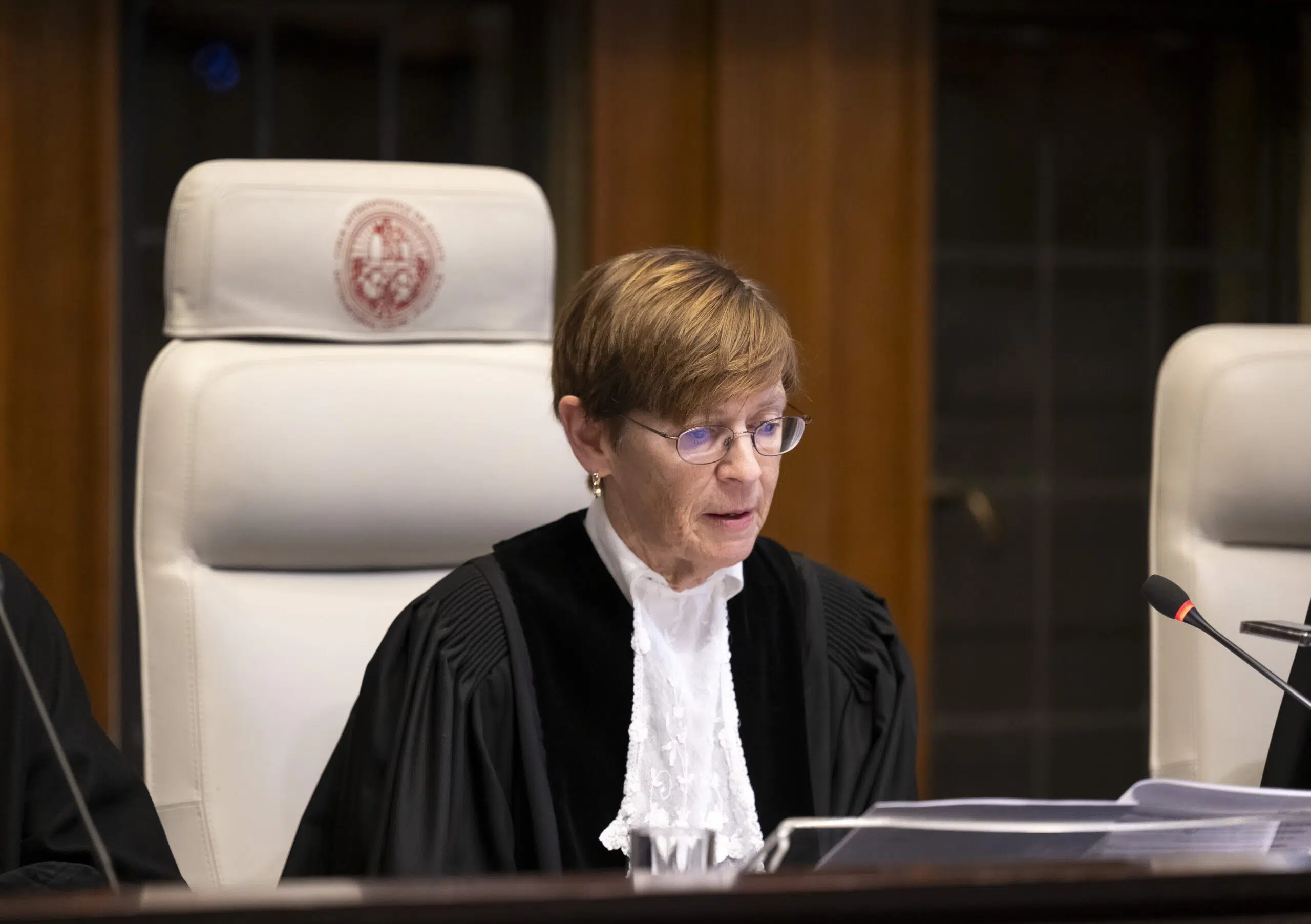Brussels – A missed opportunity to urge Israel to halt military operations in Gaza; or “a decisive victory for the international rule of law,” as South Africa’s Foreign Ministry called it. It’s all about wanting to see the glass half full or half empty. The Hague Court made its first ruling: Israel must “take all measures within its power” to prevent an act of genocide against the Palestinian people.
There was great anticipation for the interim measures the International Court of Justice would order Tel Aviv to take after being brought to trial from South Africa on charges of violating the Convention on the Prevention and Punishment of Genocide, in light of over 26,000 victims of the bombing of Gaza. But before everything, the fundamental point was that the judges did not dismiss the case because they found that some of the complaints filed by South Africa were justified.
Having clearly stated that, the expectation was high as the court had the ability to demand – or rather impose, its decisions being binding – that Israel immediately end the devastating military response to the Hamas attack on Oct. 7. And thus shift the fortunes of the war. But the jury, chaired by US Joan Donoghue, did not order a ceasefire. However, Israel must report to the court within a month on the precautions it has taken to prevent acts of genocide in the Strip, and it must preserve evidence of these measures and make them accessible to international missions and other bodies operating in Gaza.

In addition to “ensuring with immediate effect that its army does not commit any of the acts” that the 1948 International Convention recognizes as genocide, the court called on Israel to take all measures within its power to “prevent and punish direct and public incitement to commit genocide against members of the Palestinian population in the Gaza Strip.” In line with the appeals of the international community, the Hague called for allowing “immediate and effective” measures to enable the provision of basic services and humanitarian assistance “urgently needed to alleviate the difficult living conditions faced by Palestinians in the Gaza Strip.”
The international panel finally stressed that “all parties to the conflict in the Gaza Strip are bound by international humanitarian law” and called for “the immediate and unconditional release of the hostages” still held by Hamas.
The reactions of Israel and Palestine to the Hague Court verdict
Seeing the glass as half full is South Africa, calling it “a significant milestone in the quest for justice for the Palestinian people,” and the Palestinian National Authority (PNA), whose foreign minister, Riyad al Maliki, celebrated the ruling by reminding that the decisions of the tribunal under the United Nations are binding. Sighs of relief in Brussels, where in the event of a tougher ruling against Tel Aviv, European institutions would have been in trouble after three months of backing Israel and recent statements of unconditional support for the Hague court. Israeli Prime Minister Benjamin Netanyahu said: “Israel’s commitment to international law is unwavering, just as unwavering is our sacred commitment to continue defending our country.” According to Netanyahu, the Court “rightly rejected” the “cowardly attempt to deny Israel its fundamental right” to self-defense. But the Court’s “willingness to discuss” the possible genocide against the Palestinians “is a mark of shame that will not be erased for generations.” According to local media, the Israeli premier reportedly asked his ministers not to comment on the ruling, for fear of over-the-top statements. Which punctually came: the Minister for National Security, Itamar Ben-Gvir, called the Hague court “anti-Semitic” because it “does not seek justice, but persecution of the Jewish people.” And he urged “not to listen to decisions that endanger the survival of the State of Israel.”
English version by the Translation Service of Withub







